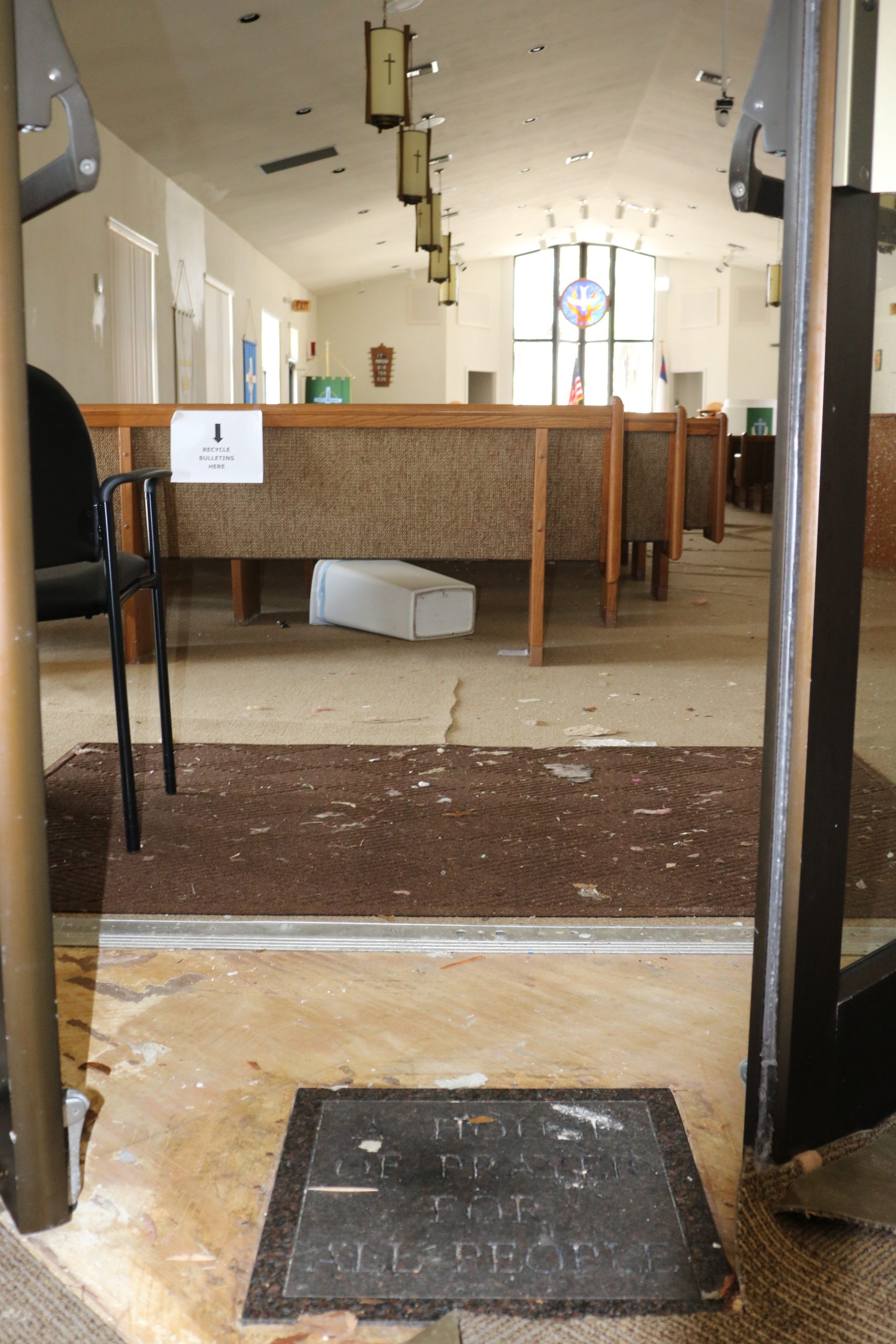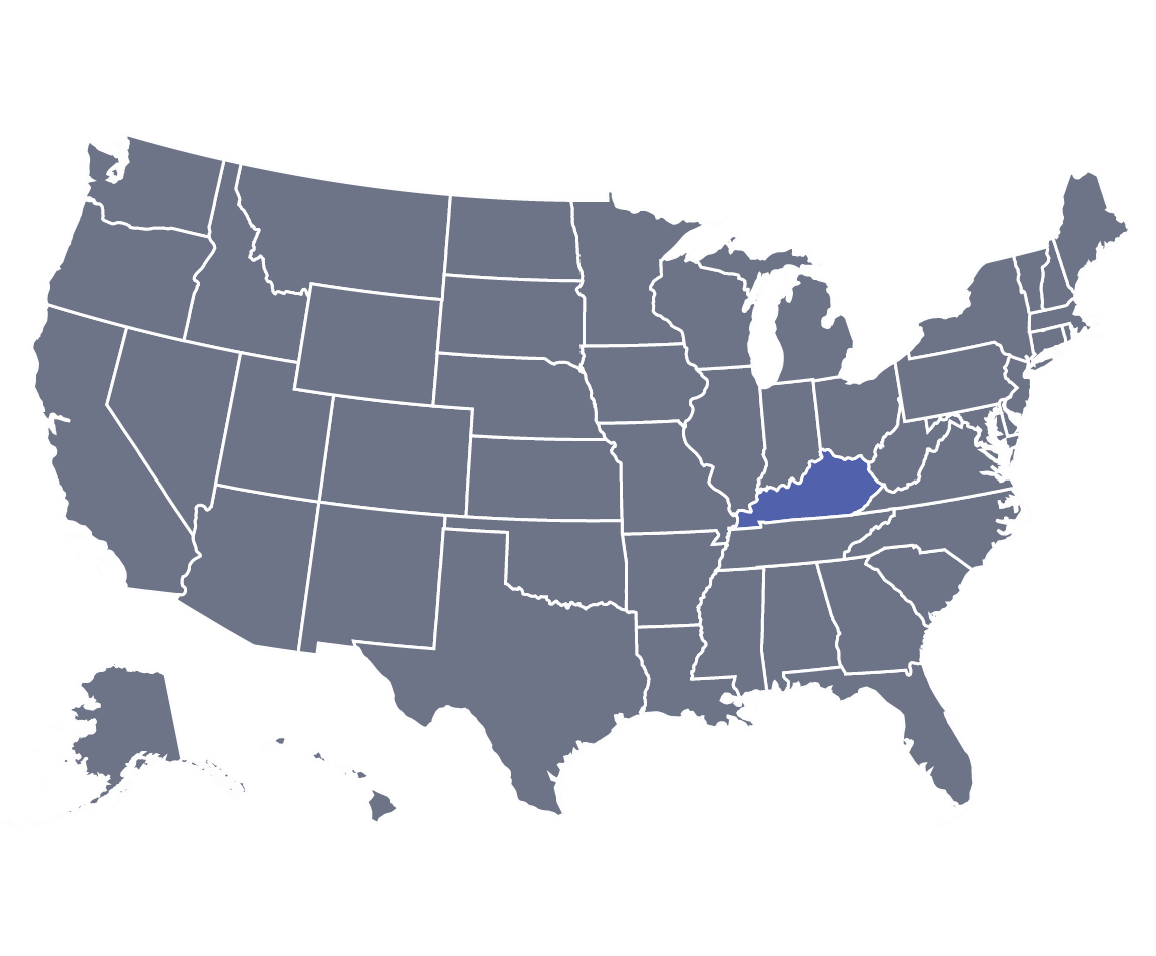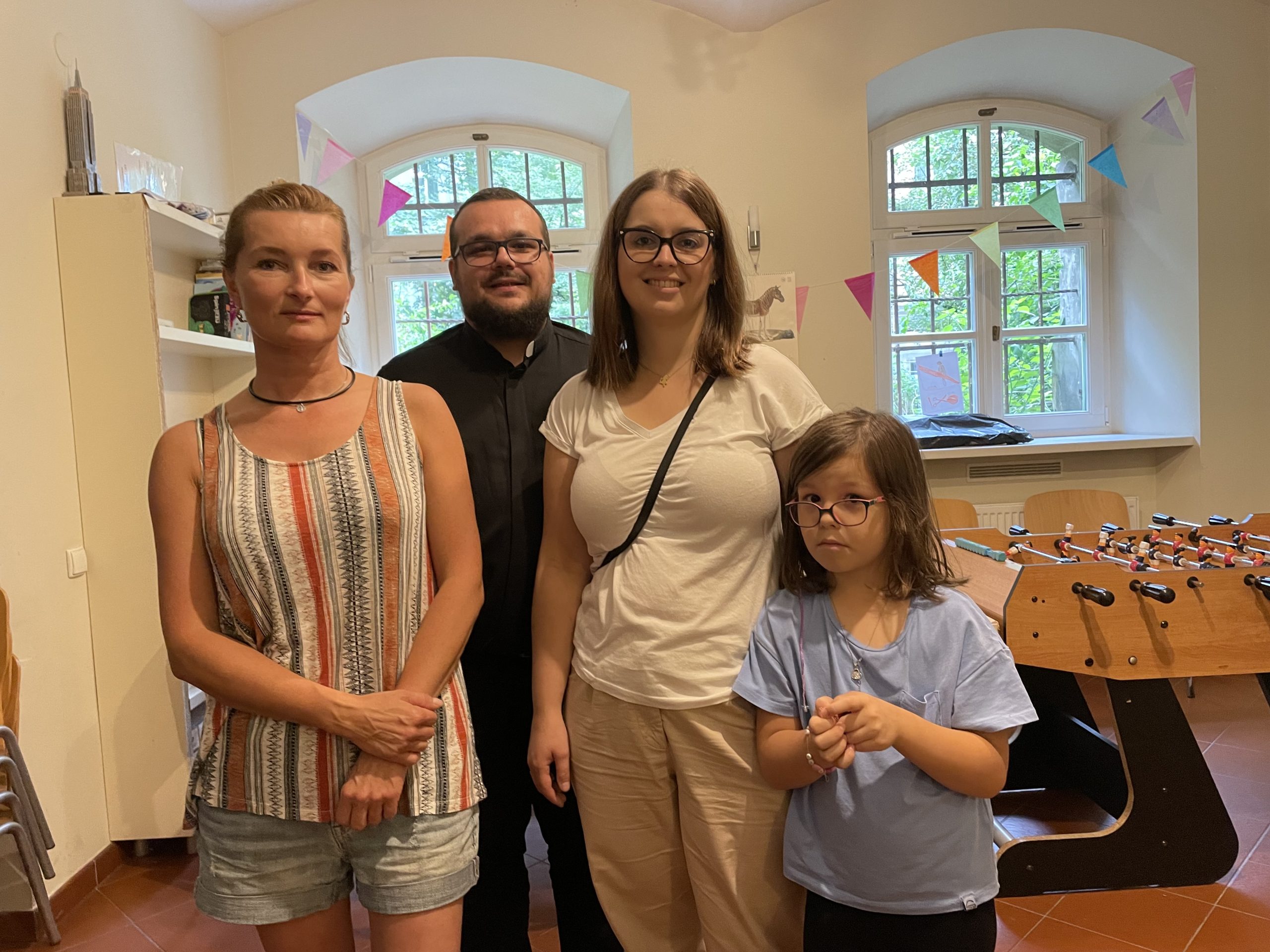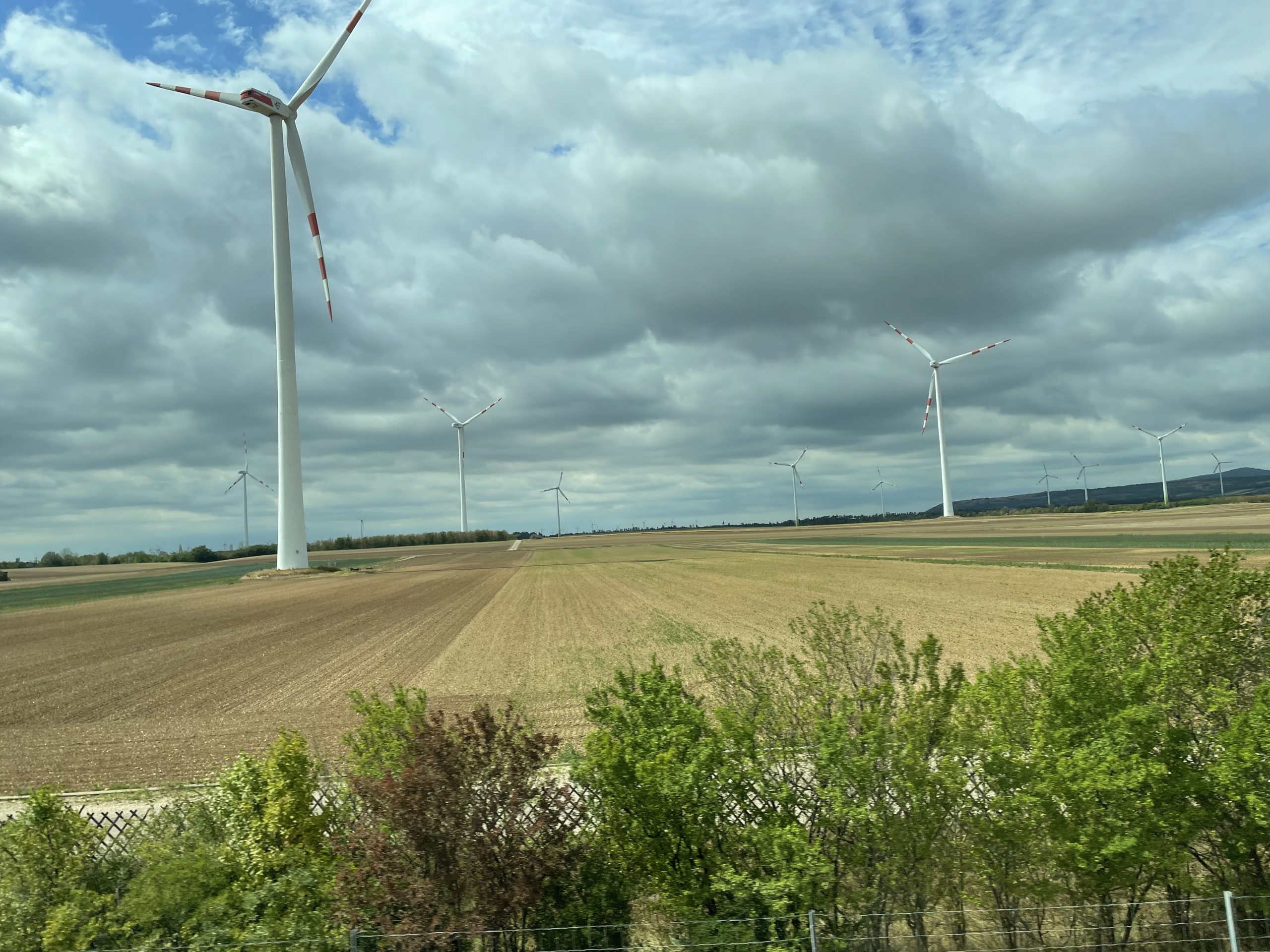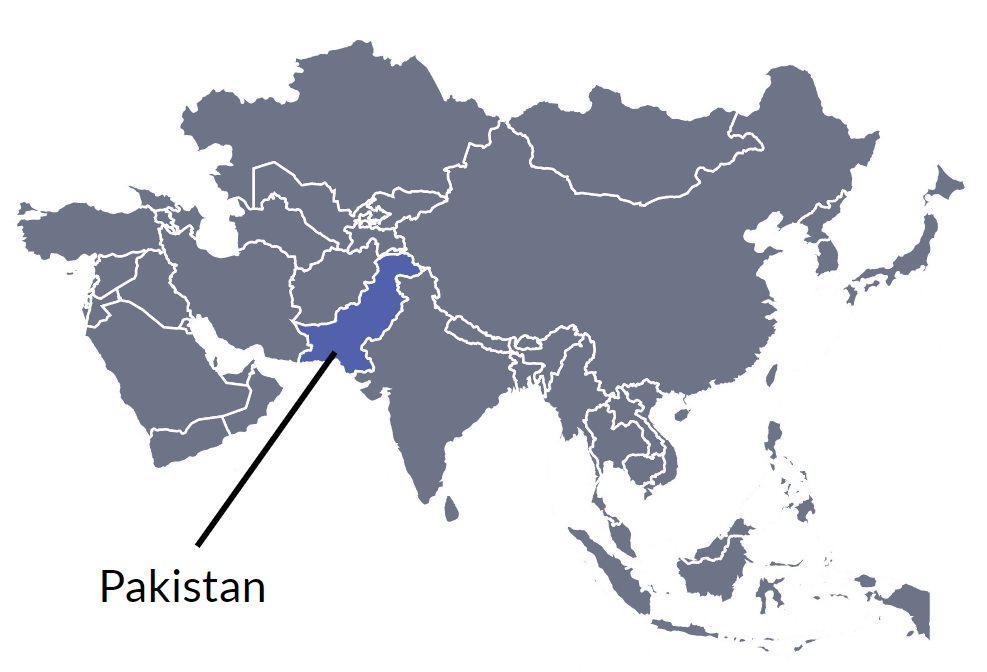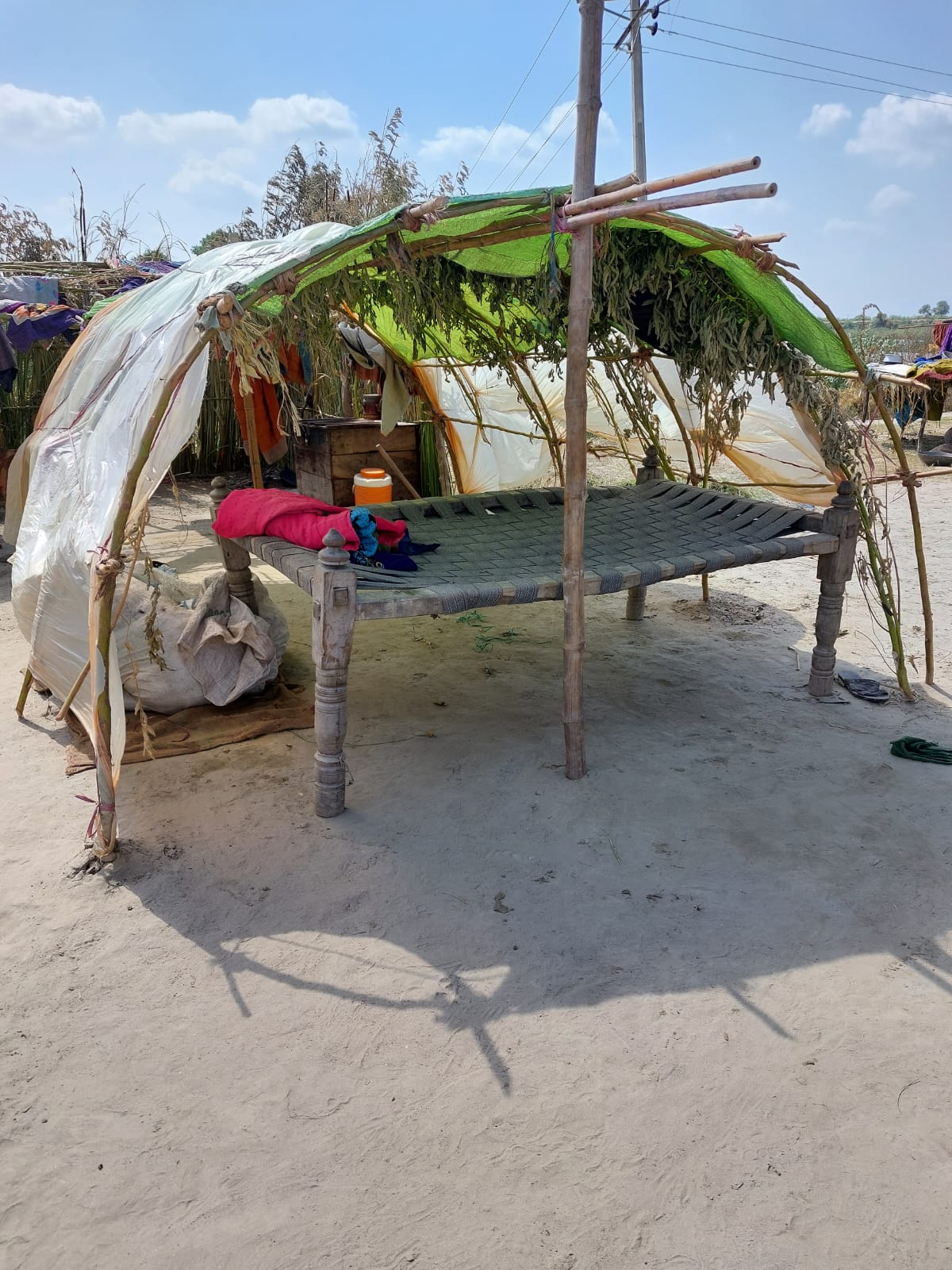When the war in Ukraine started, and thousands of refugees were crossing the border, Lucia Martonová and Jana Tabačková from the Ecumenical Pastoral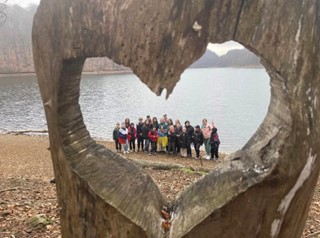 Service Centre and Evangelical Church of Augsburg Confession in Slovakia, and Marika Géciová from the Reformed Mission and Diakonia met at the Slovak-Ukrainian border. They decided to help the most vulnerable people affected by the war and created the project “You Are In My Heart.” They organized a children’s therapeutic camp for 16 children from Ukraine aged 8 to 14 years who lost one or both of their parents in the war. The camp took place in Zemplínska Šírava, a lake close to the border of Ukraine.
Service Centre and Evangelical Church of Augsburg Confession in Slovakia, and Marika Géciová from the Reformed Mission and Diakonia met at the Slovak-Ukrainian border. They decided to help the most vulnerable people affected by the war and created the project “You Are In My Heart.” They organized a children’s therapeutic camp for 16 children from Ukraine aged 8 to 14 years who lost one or both of their parents in the war. The camp took place in Zemplínska Šírava, a lake close to the border of Ukraine.
Trust in God
Camp leaders, with psychologists and interpreters, prepared introductory games for the children on the first day. On the second day, the campers went on a short trip to Michalovce, where they visited an observatory and attended a police horse demonstration. In the afternoon, the campers enjoyed their time together at the swimming pool in the hotel. Mrs. Masha Rudincová, a Slovak artist and designer, showed the children how to work with the technique of wet felting. Children, with her help, created various colorful and unique pictures.
In the evening, children listened to a Bible story about the healing of the paralyzed. “Don’t be afraid; just believe.” Jesus’s words from the story about the storm at sea were the ones the leaders tried to instill into the hearts of the children. They encouraged the children to trust these particular words of Jesus through all circumstances.
Even though there was a fog in eastern Slovakia, the group trusted in God and, without fear, set out on a trip to the Tatra Mountains. They were amazed and encouraged when the sun and perfect hiking weather welcomed them. The group explored the highest waterfall in Slovakia and visited Tricklandia, the Museum of Illusions.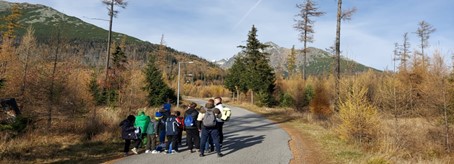
The love of Jesus
The next day, the campers stayed near Chemes Wellness Hotel. They met with police dog trainers, took rides on the quad bikes with border policemen, and took a trip to the lake. The children crafted cherubs and Christmas ceramic decorations in the afternoon with Mrs. Rudincová.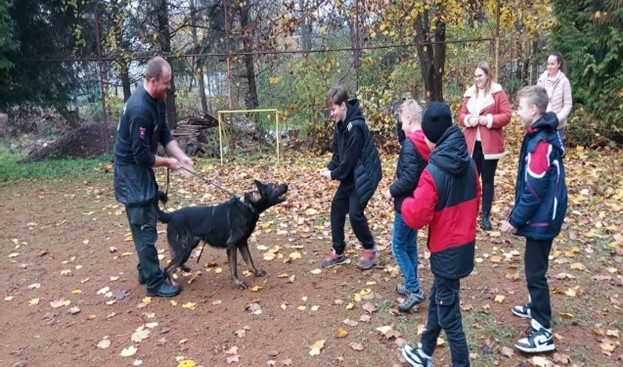
During the evening program, children listened to a story of the healing of a man at the lake in Bethesda. They learned that even if everyone left them and forgot about them, the Lord Jesus is always with them.
The children went to the city of Košice on Friday. They saw the police officers and firefighters, toured the city center, visited the St. Elizabeth Cathedral and explored the Technical Museum. The evening program continued with the storytelling of Zacchaeus. Leaders emphasized that the children, although they are all unique and have their own sorrows and mistakes, are accepted by Jesus Christ and he loves them just as they are.
 “You are in my heart”
“You are in my heart”
On the last day of camp, the children visited Morské oko – the largest lake in the Vihorlat Mountains. They visited a small family farm where they had the opportunity to see and feed spotted fallow deer. The contact with nature was a great experience for the children. A typical swim followed the afternoon in the hotel pool. The evening program was a big farewell party with the entire camp, and included a great cake at the end. The children received little presents as a memory of the camp, like t-shirts with the program logo and a magnet with a group photo.
All the shared experiences and photos highlight that the timid little children with great sadness and pain in their eyes become CHILDREN again! Children to whom the organizers wanted to return joy and childhood to their lives, at least for a while.
“Do not fear, for I am with you”
On Sunday morning, they went to chapel at the nearby Vinian Castle. Together, they thanked God for the whole week and summarized everything they had experienced and learned.
Police chaplain Janka Tabačková sent them on their way home with these words of a blessing:
We have come here to this place to give thanks for the whole week that we were spent together, that we were able to survive it in good health, and you know that it is not easy to survive. During our week together, we learned more about what the Lord God is doing for us. We opened our arms all week and said “Stay with us, don‘t be afraid because you are safe here. We said the Lord God is taking care of us, just as he multiplied the fish and the loaves; God will take care of you so that you will have everything you need. Trust Him.” He cares for you. The Lord God puts people in our lives who will care for us, protect us, bring us closer to Jesus. You have friends in Ukraine, and also here in Slovakia. It is good that we know each other, that we are your friends and will do everything you need. Earlier, when we released the balloons into the sky, we wrote our names on them and the names of those we cared about. We could release the balloons with our names because the Lord sacrificed himself for us. He hears and understands. We are in his heart. He died for us, and He laid down His life for everyone. And no one else in the world has done that. We also want to send you home with God’s word from Isaiah 41: “Do not fear, for I am with you, do not be afraid, for I am you God; I will strengthen you, I will help you, I will uphold you with my victorious right hand. Yes, all who are incensed against you shall be ashamed and disgraced; those who strive against you shall be as nothing and shall perish. You shall seek those who contend with you, but you shall not find them; those who war against you shall be as nothing at all. For I, the Lord your God, hold your right hand; it is I who say to you. Do not fear, I will help you.”
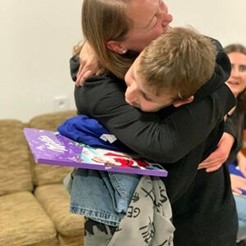 After the blessing and singing of songs, the group returned to the hotel. Then, already packed with many gifts and memories, they started their return journey home to their families, but to a country still in war, chaos, and turmoil. They all hope that they have not seen the last of each other and will be able to continue to meet.
After the blessing and singing of songs, the group returned to the hotel. Then, already packed with many gifts and memories, they started their return journey home to their families, but to a country still in war, chaos, and turmoil. They all hope that they have not seen the last of each other and will be able to continue to meet.
Andrej Kuruc is the ELCA Emergency Response Coordinator for Central and Eastern Europe.


